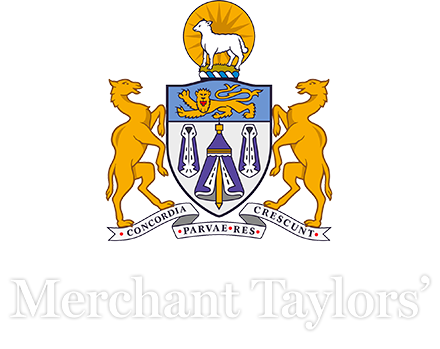Chemistry
Chemistry is a demanding, yet rewarding A-Level course, taught by a group of subject specialists in three purpose-built laboratories and students must have a keen interest and an active curiosity for the subject, as well as strong grades at Chemistry GCSE, in order to study it at A-Level.
An A-Level in Chemistry is essential for Medicine and many other science-related courses at university and its complexity means it is also well-regarded for courses such as Law or Economics.
The A-Level course revolves around three traditional elements – Physical Chemistry (including atomic structure, kinetics and thermodynamics), Inorganic Chemistry (including group chemistry and transition metals) and Organic Chemistry (including mechanisms, synthesis and analysis).
Assessment is by internal exam at the end of the first year, the result of which will be used to support UCAS grade predictions. The A-Level itself is examined in three exams at the end of the second year.
Theory work is complemented by extensive practical work which illustrates many aspects of the theory but also allows pupils to gain a pass for laboratory skills in addition to the traditional A-Level grade, which again will support applications to top universities.
The department provides a range of enrichment and co-curricular activities to enhance classroom work and enable pupils to demonstrate the independence of thought required to access demanding courses at top universities.
During their first year, the top three chemists will be selected to represent the school in the Young Analyst Competition. At the end of the first year, every student has the opportunity to take part in the Cambridge Chemistry Challenge and during their second year, pupils can prepare for the first round of the International Chemistry Olympiad. Links with national and European universities are well established.




